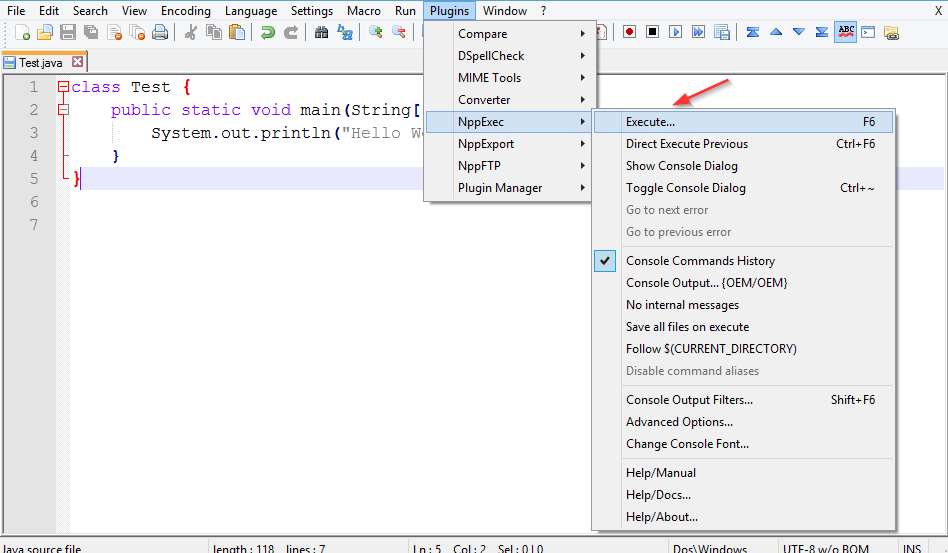
I have never encountered a C#-Java conversion tool. The syntax would be easy enough, but the frameworks are dramatically different. Even if there were a tool, I would strongly advise against it.

I have worked on several 'migration' projects, and can't say emphatically enough that while conversion seems like a good choice, conversion projects always always always turn in to money pits. It's not a shortcut, what you end up with is code that is not readable, and doesn't take advantage of the target language.
Speaking from personal experience, assume that a rewrite is the cheaper option. @MichaelMeadows: do you speak from personal experience? In the opposite direction, Java-C# (which is a much easier direction for conversion), I personally saved a LOT of time and hassle using Tangible Software's converter, to convert 50K lines.
It did EXACTLY what I expected from it: it handled all the annoying menial details that I would have had to do myself if I was manually re-typing all that code in the new language. Freeing me to focus on the places where actual thought was needed. Lots of small changes still needed by hand, but avoided careless errors that were likely if retyped. – Jun 20 '15 at 21:59. We have an application that we need to maintain in both C# and Java.
Since we actively maintain this product, a one-time port wasn't an option. We investigated Net2Java and the Mainsoft tools, but neither met our requirements (Net2Java for lack of robustness and Mainsoft for cost and lack of source code conversion).
The Java 2 CSharp translator goal is to allow automatic translation of Java source files into CSharp. Download free open source code for your projects! Home; C; Matlab; R Language; C#; Java; VB.NET; Visual Basic; SaveImage.java. Sharpen', 'LookupOp', Java Translation via Sharpen. Today folks at db4o released Sharpen, an open source Java. Visual basic, vb, vbscript,source code, programs, tutorials and help. First startup the program as described in the main guide here. You will then get the program as shown here: Click on the 'load java code' button at the bottom of the.
Is Oracle Java Open Source
We created our own tool called that runs as part of our nightly build script and does a very effective port of our C# code to Java. Right now it is precisely good enough to translate our application, but would have a long way to go before being considered a comprehensive tool. We've licensed the technology to a few parties with similar needs and we're toying with the idea of releasing it publicly, but our core business just keeps us too busy these days.
Although this is an old-ish question, take a look at xmlVM, I'm not sure if it's mature enough yet, although it has been around for several years now. XMLvm was made, I believe, primarily for translating Android Java apps to the iPhone, however, its XML-code-translation-based framework is flexible enough to do other combinations (see the diagrams on the site). As for a reason to do this conversion, maybe there is a need to 'hijack' some of the out there and use it within his/their own Java project. C# has a few more features than Java. Take delegates for example: Many very simple C# applications use delegates, while the Java folks figures that the observer pattern was sufficient. So, in order for a tool to convert a C# application which uses delegates it would have to translate the structure from using delegates to an implementation of the observer pattern. Another problem is the fact that C# methods are not virtual by default while Java methods are.
Additionally, Java doesn't have a way to make methods non virtual. This creates another problem: an application in C# could leverage non virtual method behavior through polymorphism in a way the does not translate directly to Java. If you look around you will probably find that there are lots of tools to convert Java to C# since it is a simpler language (please don't flame me I didn't say worse I said simpler); however, you will find very few if any decent tools that convert C# to Java. I would recommend changing your approach to converting from Java to C# as it will create fewer headaches in the long run. Db4Objects recently released their internal tool which they use to convert Db4o into C# to the public. It is called Sharpen. If you register with their site you can view this link with instructions on how to use Sharpen: (I've been registered with them for a while and they're good about not spamming).